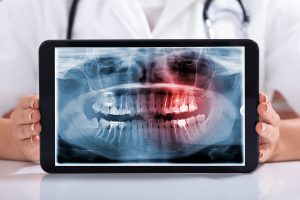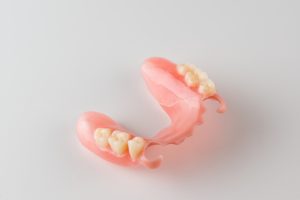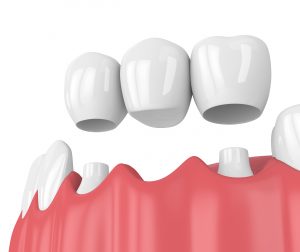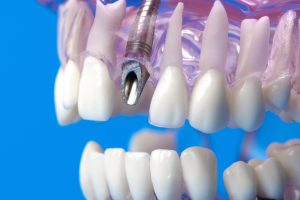
When you lose a tooth, we don’t just rely on traditional bridges and dentures. Instead, we could support a new tooth with dental implants. But how do we implant these new teeth, and what should you expect from this oral surgical procedure? In today’s blog, your Houston, TX, dentist will explain the implant placement process.








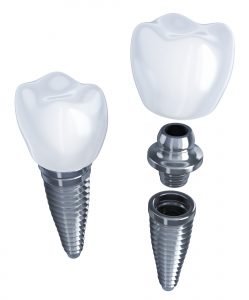
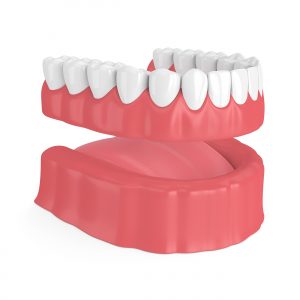
 Over time,
Over time, 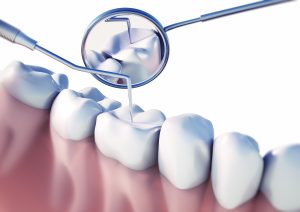 With advanced technology, we have the ability to streamline and improve your treatments, addressing issues like decay and infection, and even improving the beauty of your smile. To create restorations with precision and accuracy, and to do so quickly, your
With advanced technology, we have the ability to streamline and improve your treatments, addressing issues like decay and infection, and even improving the beauty of your smile. To create restorations with precision and accuracy, and to do so quickly, your 